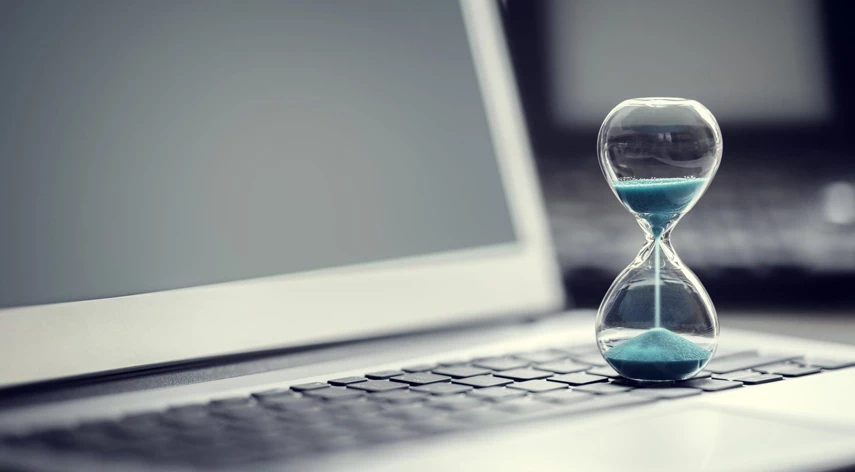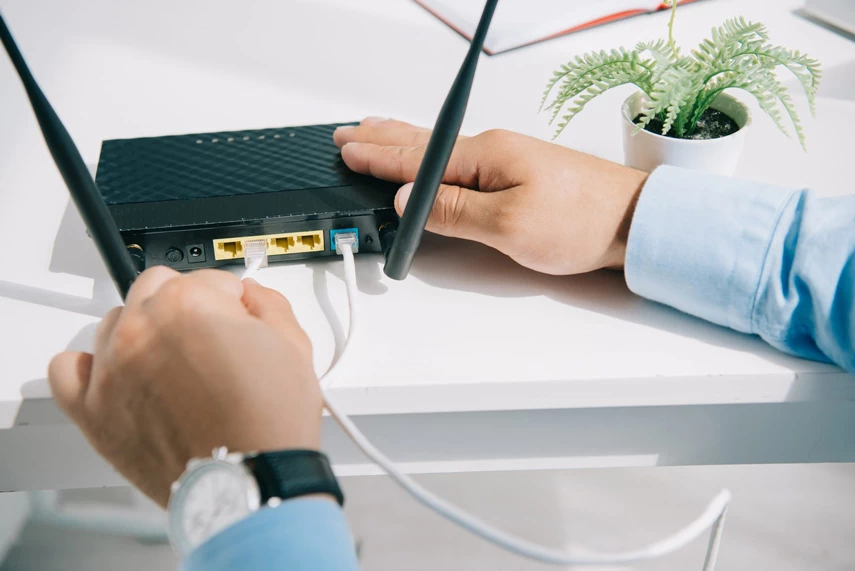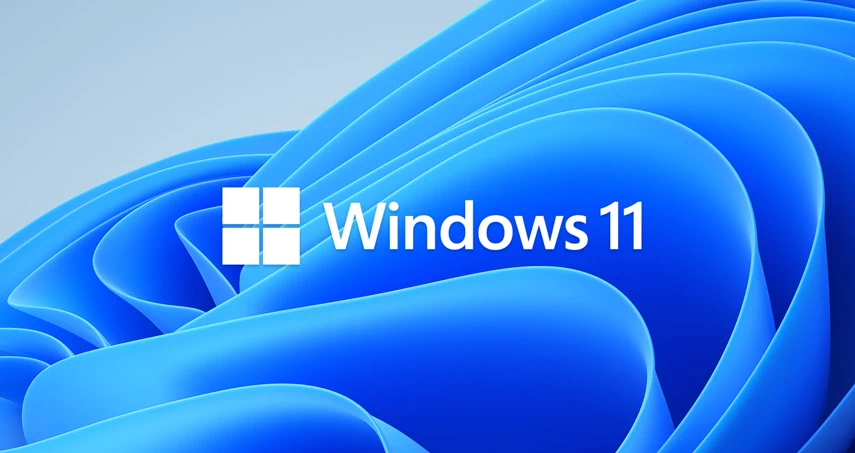We are all familiar with that annoying moment when we start up a program and wait forever for it to open. Trying to work with a slow computer can be seriously frustrating. Whether you have an old or a new computer, there is no guarantee that your machine will be lightning-fast all the time. In most cases however, as usage increases and more things get downloaded and installed, your computer’s performance has probably slowed down over time.
Speeding up your computer to its original performance may not be at the top of your to-do list. But it will enable you to get a lot more work done in less time. To make things easy for you, we’ll outline the best ways to speed up your computer in this article:
Limit startup programs
Imagine entering a Zoom meeting, and you wait and wait… and you’re late to the meeting because your computer takes forever to load?
When you open your computer, it automatically opens multiple programs and these programs operating in the background consume your machine’s operating power making it run slower. To make their software start right away, software manufacturers often set their programs to open in the background. Some you may want to run, such as antivirus software, but others can be disabled on startup.
With just a few a clicks, you can increase your computer’s speed. First, right-click the taskbar and select Task Manager or hit Ctrl-Shift-Escape to launch. Then go to ‘Startup’ tab and it will show you all the items that runs on startup. Scroll through the list and decide which ones don’t need to start automatically each time you turn on your device. The ones with Microsoft listed as the publisher are probably best left alone. If unsure, try a Google search to find out more about the program before disabling it. Finally, to disable a program, simply right-click on it and hit Disable. It’s important to note that this action does not disable the program, it only disables a program to run on startup.
Uninstall unused programs
Along with preventing every app on your computer from starting with Windows, you should also uninstall unnecessary programs that take up a lot of CPU. If a program is particularly big and you seldom use it, you can consider uninstalling it and reinstall it when you need to use it.
To do this, go to your computer’s Control Panel then click on Uninstall a program under the Programs heading. This will give you a list of all the programs installed in your computer. To uninstall a particular program, right-click on the item and select Uninstall. A dialogue box will appear, simply click Yes to allow your computer to make changes. You will then be asked if you want to continue with uninstallation. Click “Yes” again to finish the process.
Run a disk cleanup
Windows includes a built-in tool that deletes temporary files and other unimportant data. To access it, go to Control Panel > System Security > Administrative Tools and then select Disk Cleanup (or Free up disk space). Alternatively, you can just search for Disk Cleanup in the Start Menu. It will then show you a list of items in which you can select the type of file you want to get rid of and click “OK”. The program will then run an intensive scan and will provide information on how much space is saved. Select the options again and click on “OK” to permanently delete the files.
Clear your internet cache
Spending a lot of time online and visiting websites for a long period of time can cause cache to build up. Your computer stores cache to speed up the loading time for websites you revisit. But too much cache can also slow down your computer.
To clear your internet cache, you can go to your browser’s Settings tab. Regardless of the browser you are using, you can find Clear History, Clear Data, and Clear Cache. Follow the instructions presented until it asks you to delete all data. Doing this can free up more space in your hard drive and increase your computer’s performance.
You have an overzealous antivirus program
Each app installed in your computer uses processing power – including your trusted antivirus program. AV programs perform ongoing and automatic scans in the background which constantly use the CPU’s processing power, sometimes at the worst possible times. The easy fix for this is to edit your antivirus settings and configure it so the scans happen at night when you are not using your computer.
Is your antivirus enough to keep you protected? Know the truth here!
Disable unnecessary animations
Your computer might have many fancy graphics that, while attractive, can slow down your computer. Fortunately, it is possible to disable most of these transitions altogether and save a little processing power.
To disable the animations, head to Control Panel and choose System and Security. From there, click on System and choose Advanced System Settings from the options on the left. Then, in the Performance section, hit Settings and you’ll have a full list of options. Select “Adjust for best performance” disables all animations. Or you can opt to disabling some animations individually.
Upgrade your hardware
The tips and tricks above asked you to take things away from your PC but it might be time to add in some new hardware. Adding SSD, or solid-state drive, is the single biggest hardware change you can make to speed up a computer. An SSD is relatively inexpensive and will improve your computer’s performance – allowing it to handle larger programs.
Additionally, you can also add more RAM (or random-access memory) to help speed up your computer’s performance. Adding an extra few gigabyte in won’t cost you too much and can make all the difference.
Choosing The Right Hardware For Your Business
Do these too…
Turn it off – using your computer regularly means more application errors that require a lot computing power to resolve. Restarting your computer regularly clears all temporary memory, allowing it to run faster and be more responsive.
Keep it clean – long period of usage accumulates literal dust. This can prevent ventilation and cooling of the processors. By physically cleaning your computer on a regular basis, you will help speed it up and prevent overheating.
We hope these tips will save you the frustration of working on a slow computer. If you need further assistance with fixing your PC’s performance, talk to one of our experts at Insight IT. We are always ready to help you with any computer issue big or small.





